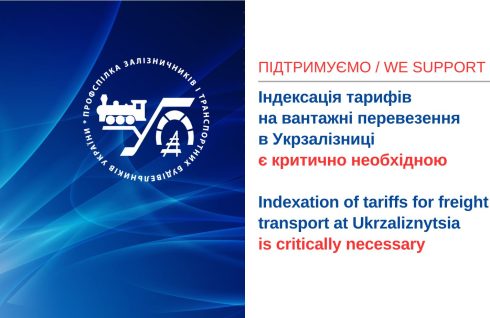Should employees be paid extra for hazardous working conditions if a structural unit of Ukrzaliznytsia has certified workplaces for working conditions but has not concluded a collective bargaining agreement?
The Sectoral Agreement contains the obligation of Ukrzaliznytsia to certify workplaces in terms of working conditions in accordance with the regulations (clause 3.5.13).
Such regulations include the Law of Ukraine ‘On Labour Protection’, the Resolution of the Cabinet of Ministers of Ukraine ‘On the Procedure for Certification of Workplaces by Working Conditions’ No. 442 dated 01.08.1992, etc.
Pursuant to Article 13 of the Labour Protection Law of Ukraine, the employer is obliged to ensure compliance with the requirements of the legislation on the rights of employees in the field of labour protection. To this end, the employer shall organise workplace assessments for compliance with labour protection regulations and, based on their results, take measures to eliminate hazardous and unhealthy production factors.
Art. 7 of the Labour Protection Law defines the right of employees to benefits and compensation for difficult and harmful working conditions.
Pursuant to Article 65(7) of the Commercial Code of Ukraine, enterprises that employ hired labour shall conclude a collective agreement. Article 3 of the Law of Ukraine ‘On Collective Bargaining Agreements’ stipulates that representatives of separate subdivisions of a legal entity may also be parties to a collective bargaining agreement on behalf of the employer.
Pursuant to Article 21(6) of the Law of Ukraine ‘On Trade Unions, Their Rights and Guarantees of Activity’, the terms and conditions for the introduction and amounts of bonuses, surcharges, premiums, remuneration and other incentive, compensation and guarantee payments are set out in a collective agreement in compliance with the norms and guarantees provided for by law, general, sectoral (inter-sectoral) or territorial agreements. If a collective agreement is not concluded, the employer is obliged to agree on these issues with the trade union body.
Therefore, the absence of a collective bargaining agreement is not a reason for an employer to fail to comply with the requirements of the labour protection and remuneration legislation.
Thus, in structural units that do not have collective bargaining agreements, the surcharge for hazardous working conditions is set on the basis of the conclusions of the workplace certification by issuing a relevant order (instruction) by the head of the production unit in agreement with the relevant trade union body.
Ukrzaliznytsia expressed a similar position on this issue. The information will soon be available on the page of the united trade union organisation of the Departmental Paramilitary Security branch on the trade union’s website.




